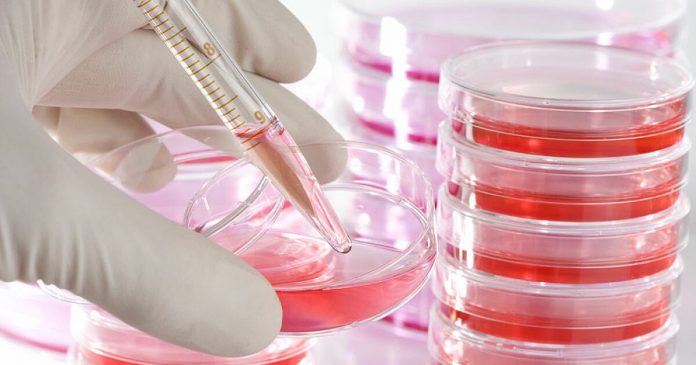Researchers who were searching for a vaccine to protect pregnant women against malaria have discovered what they believe to be a potential cancer treatment. In both cell cultures and mice with multiple forms of cancer, malaria proteins equipped with a toxin sought out and absorbed cancer cells, released the toxin, and then destroyed the cells.
In a news release, Ali Salanti, Ph.D., a professor in the department of immunology and microbiology at the University of Copenhagen, said, “For decades, scientists have been searching for similarities between the growth of a placenta and a tumor. The placenta is an organ, which within a few months grows from only few cells into an organ weighing [approximately] 2 pounds, and it provides the embryo with oxygen and nourishment in a relatively foreign environment. In a manner of speaking, tumors do much the same; they grow aggressively in a relatively foreign environment.”
Dr. Salanti conducted his research in collaboration with Mads Daugaard, B.Sc., head of the Laboratory of Molecular Pathology at the Vancouver Prostate Center at the University of British Columbia. They found that the carbohydrate the malaria parasite attaches itself to in the placenta in pregnant women is identical to a carbohydrate found in cancer cells. “We examined the carbohydrate’s function. In the placenta, it helps ensure fast growth,” Salanti said in the release. “Our experiments showed that it was the same in cancer tumors. We combined the malaria parasite with cancer cells, and the parasite reacted to the cancer cells as if they were a placenta and attached itself.”
To test the potency of the toxin with the malaria parasite against cancer, the investigators analyzed thousands of samples, including brain tumors and leukemias; they found that the combination could target more than 90% of all types of tumors. In addition, they evaluated the drug in mice that were implanted with three types of human tumors: non-Hodgkin’s lymphoma, prostate cancer, and metastatic bone cancer. They found that the treated mice with non-Hodgkin’s lymphoma had a reduction in their tumors to about 25% the size of the tumors in the control group. In the treated mice with prostate cancer, tumors in two of the six rodents disappeared. And five of the six treated mice that had metastatic bone cancer stayed alive, compared to none of the mice in the control group.
Dr. Salanti said that the research team next plan to test the protein in humans; they will analyze drug function and dosing as well as any potential side effects. In the news release, he said, “We’re optimistic because the protein appears to only attach itself to a carbohydrate that is only found in the placenta and in cancer tumors in humans.”








